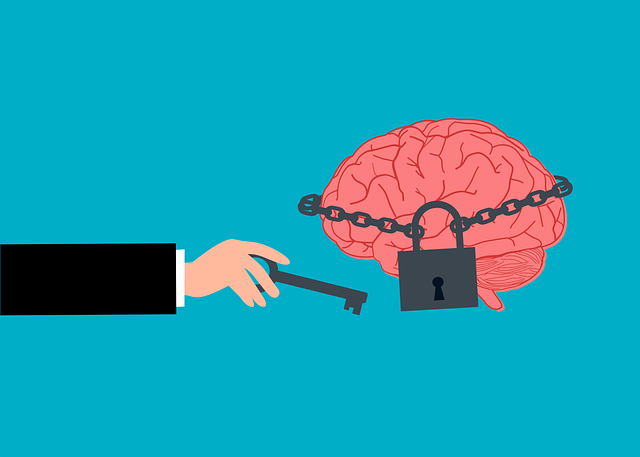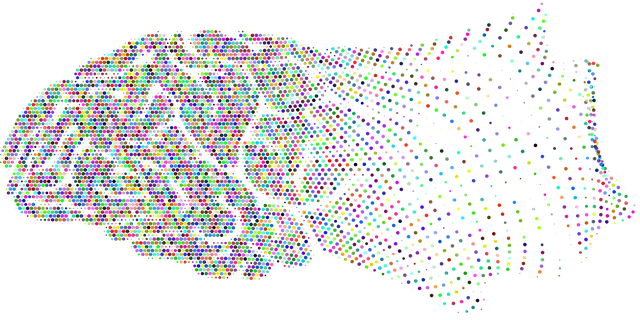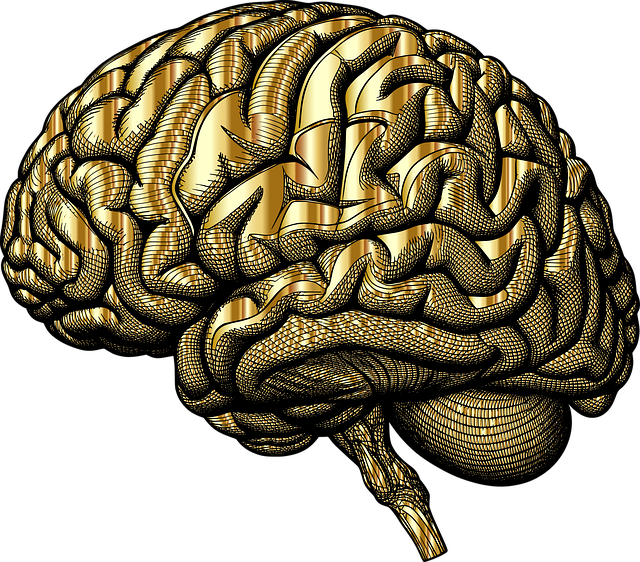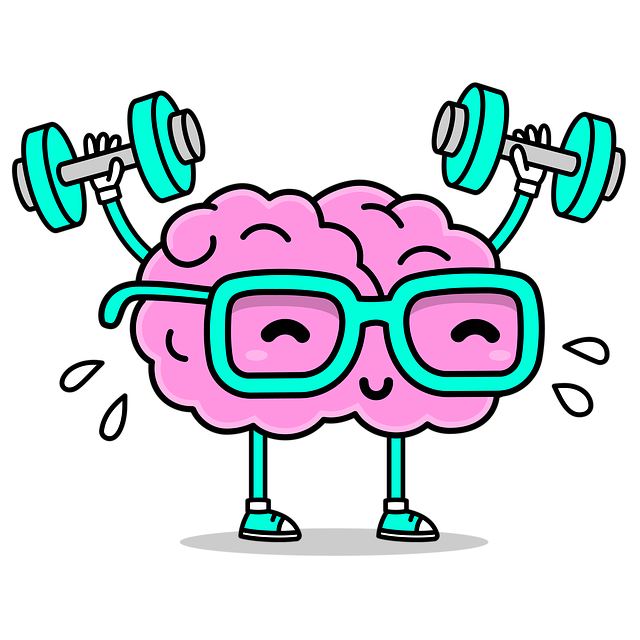Mental wellness self-assessment tools, enhanced by evidence-based practices like Littleton Oppositional Defiance Disorder (LODD) therapy, offer personalized guidance for managing complex conditions. Accessible through coaching programs and podcasts, these tools provide tailored interventions, crisis support, and community building to promote emotional well-being. Integrating user feedback allows for adaptive intervention plans, combining coping strategies, self-awareness exercises, and self-esteem improvement based on individual needs, ensuring effective mental health journeys.
Mental wellness self-assessment tools play a crucial role in personal growth and therapy. This article explores their development, focusing on tailored strategies for conditions like Littleton Oppositional Defiance Disorder (LODD). We delve into understanding the importance of these tools, identifying unique needs, and effective assessment methods. By integrating feedback, we discuss designing intervention plans that cater to individual experiences. Through these sections, we aim to provide insights into enhancing mental wellness assessments and their applications in LODD therapy.
- Understanding Mental Wellness Self-Assessment Tools
- Identifying the Need for Customized Tools: The Role of Littleton Oppositional Defiance Disorder (LODD) Therapy
- Developing Effective Assessment Strategies
- Integrating Feedback and Designing Intervention Plans
Understanding Mental Wellness Self-Assessment Tools

Mental wellness self-assessment tools play a pivotal role in identifying and addressing individual mental health concerns. These tools are designed to provide individuals with a better understanding of their emotional, psychological, and behavioral states, enabling them to make informed decisions about their well-being. By utilizing evidence-based methodologies, such as those found in Littleton Oppositional Defiance Disorder (ODD) therapy, these assessments can help pinpoint specific issues and tailor interventions accordingly.
The development of mental wellness coaching programs and production of mental wellness podcast series have further expanded access to self-assessment tools. These initiatives offer personalized guidance and support, making mental health care more inclusive and accessible. Additionally, crisis intervention guidance is integrated into many of these platforms, ensuring that individuals in urgent need receive prompt assistance. This comprehensive approach to mental wellness promotion empowers people to take charge of their emotional well-being.
Identifying the Need for Customized Tools: The Role of Littleton Oppositional Defiance Disorder (LODD) Therapy

In today’s diverse and complex world, the need for customized mental wellness self-assessment tools has become increasingly evident. One such area where tailored interventions are crucial is in addressing Littleton Oppositional Defiance Disorder (LODD) therapy. LODD is a complex behavioral disorder characterized by frequent arguments with authority figures, active defiance, and a persistent defiant attitude. Traditional therapeutic approaches may not always resonate with every individual, emphasizing the importance of developing tools that cater to specific mental health needs.
Customized self-assessment tools can incorporate elements like mindfulness meditation, which has shown promise in reducing stress and improving emotional regulation among those with LODD. Additionally, incorporating cultural sensitivity in mental healthcare practice ensures that these tools are inclusive and relevant to diverse populations. By integrating evidence-based practices such as Stress Reduction Methods, therapists and healthcare providers can create comprehensive assessment frameworks that not only identify challenges but also foster personal growth and resilience.
Developing Effective Assessment Strategies

Developing effective mental wellness self-assessment tools requires a multi-faceted approach that incorporates various therapeutic techniques and strategies. One such method gaining traction is the integration of evidence-based practices tailored to specific mental health conditions, such as Littleton Oppositional Defiance Disorder (LODD) therapy. This involves utilizing assessment tools designed to identify and address oppositional behaviors while fostering healthier emotional responses. By tailoring these assessments to individual needs, professionals can facilitate more personalized and targeted interventions.
Emotional healing processes are at the core of successful mental health awareness initiatives. Incorporating strategies that teach stress management techniques and promote resilience is crucial. Organizations can play a pivotal role in this by hosting workshops focused on self-care and coping mechanisms. These Stress Management Workshops Organization initiatives not only empower individuals with practical tools but also contribute to building a supportive community, fostering open discussions around mental wellness, and reducing the stigma associated with seeking help.
Integrating Feedback and Designing Intervention Plans

Integrating feedback is a pivotal step in developing effective intervention plans for mental wellness self-assessment tools. Once users have completed their assessments, providing them with personalized insights and actionable recommendations is key to fostering positive change. This process involves meticulously analyzing the results, identifying areas of concern, and tailoring interventions accordingly. For instance, a tool designed to detect signs of Littleton Oppositional Defiance Disorder (LODD) therapy might offer coping strategies for anger management and improved communication skills based on the individual’s feedback. By combining these insights with the Mind Over Matter principles, users can engage in Self-Awareness Exercises to better understand their triggers and develop strategies for Self-Esteem Improvement.
Designing intervention plans requires a nuanced approach that considers each user’s unique needs. The assessment tool should be versatile enough to adapt its suggestions based on the feedback received, ensuring a personalized journey towards enhanced mental wellness. This iterative process allows for continuous improvement in both the tool’s effectiveness and its ability to support users in their mental health journeys.
Mental wellness self-assessment tools play a pivotal role in identifying and addressing individual needs, especially for those with specific conditions like Littleton Oppositional Defiance Disorder (LODD). By developing customized assessment strategies, therapists can gain deeper insights into clients’ mental states and design tailored intervention plans. This approach ensures that support is not one-size-fits-all but adapted to the unique challenges faced by each individual, fostering more effective therapy and improved overall mental wellness.












